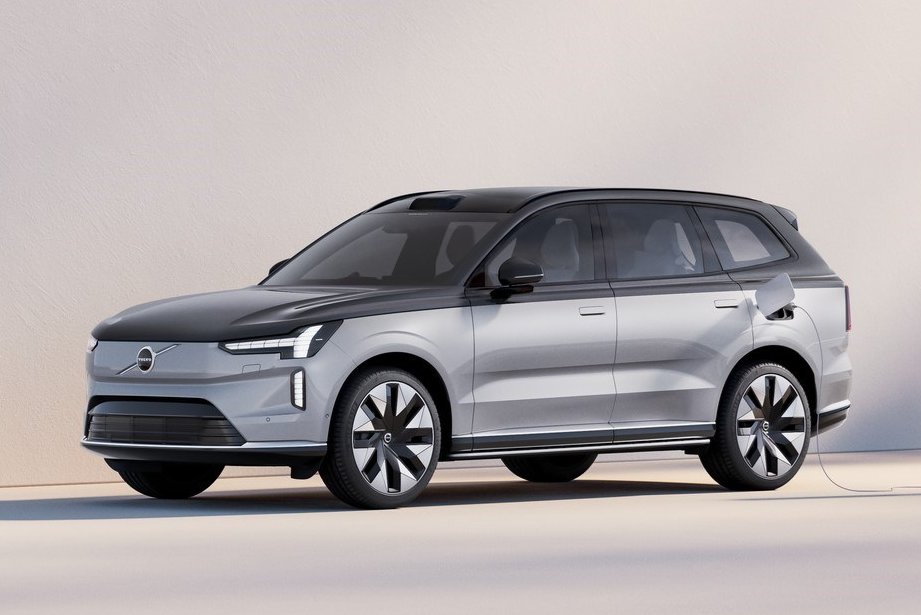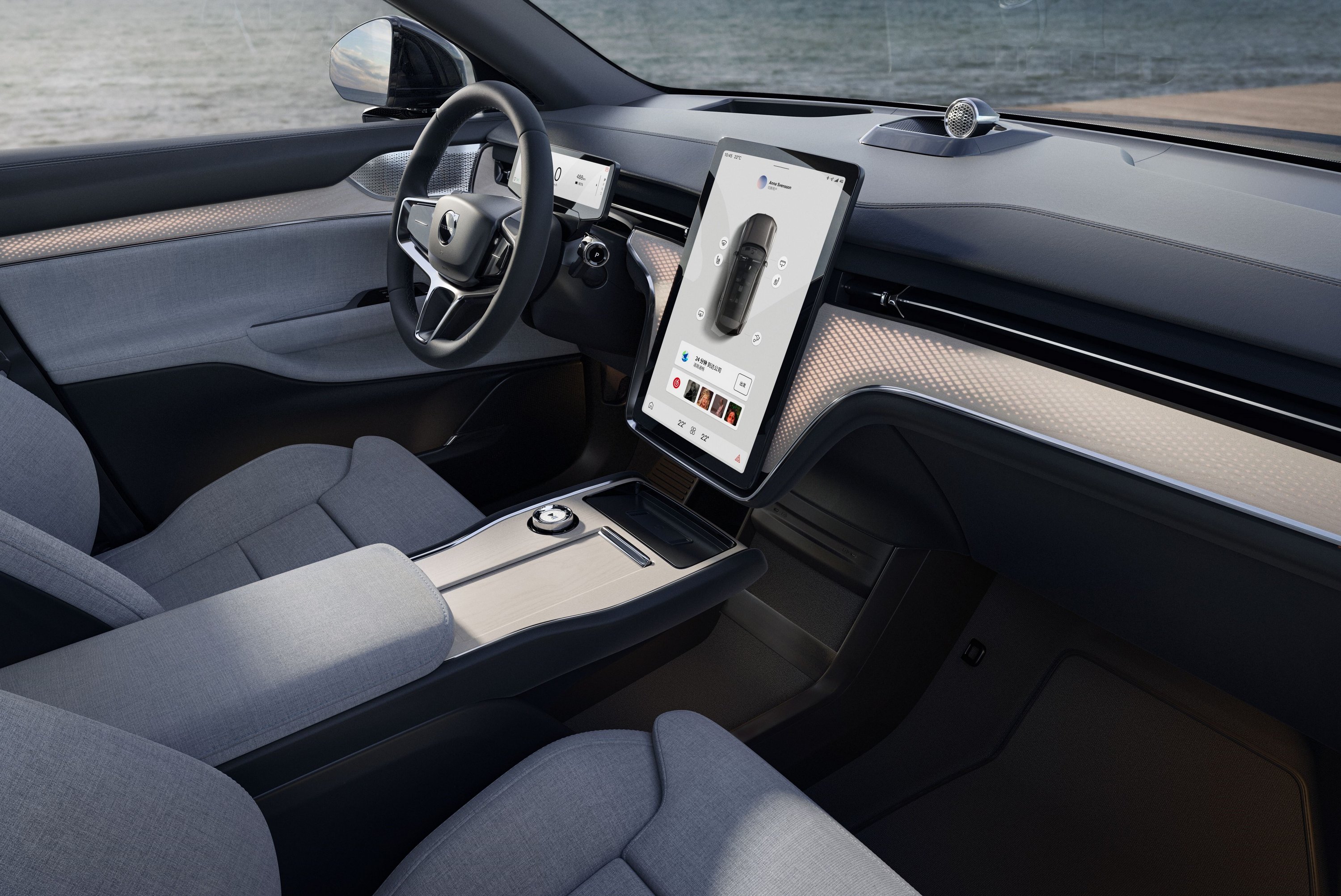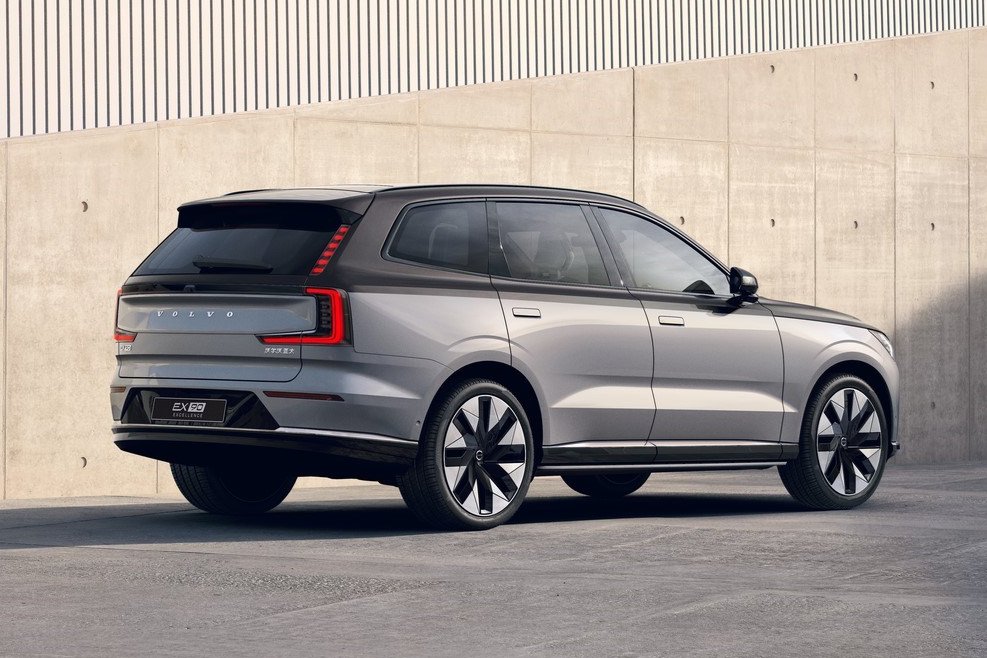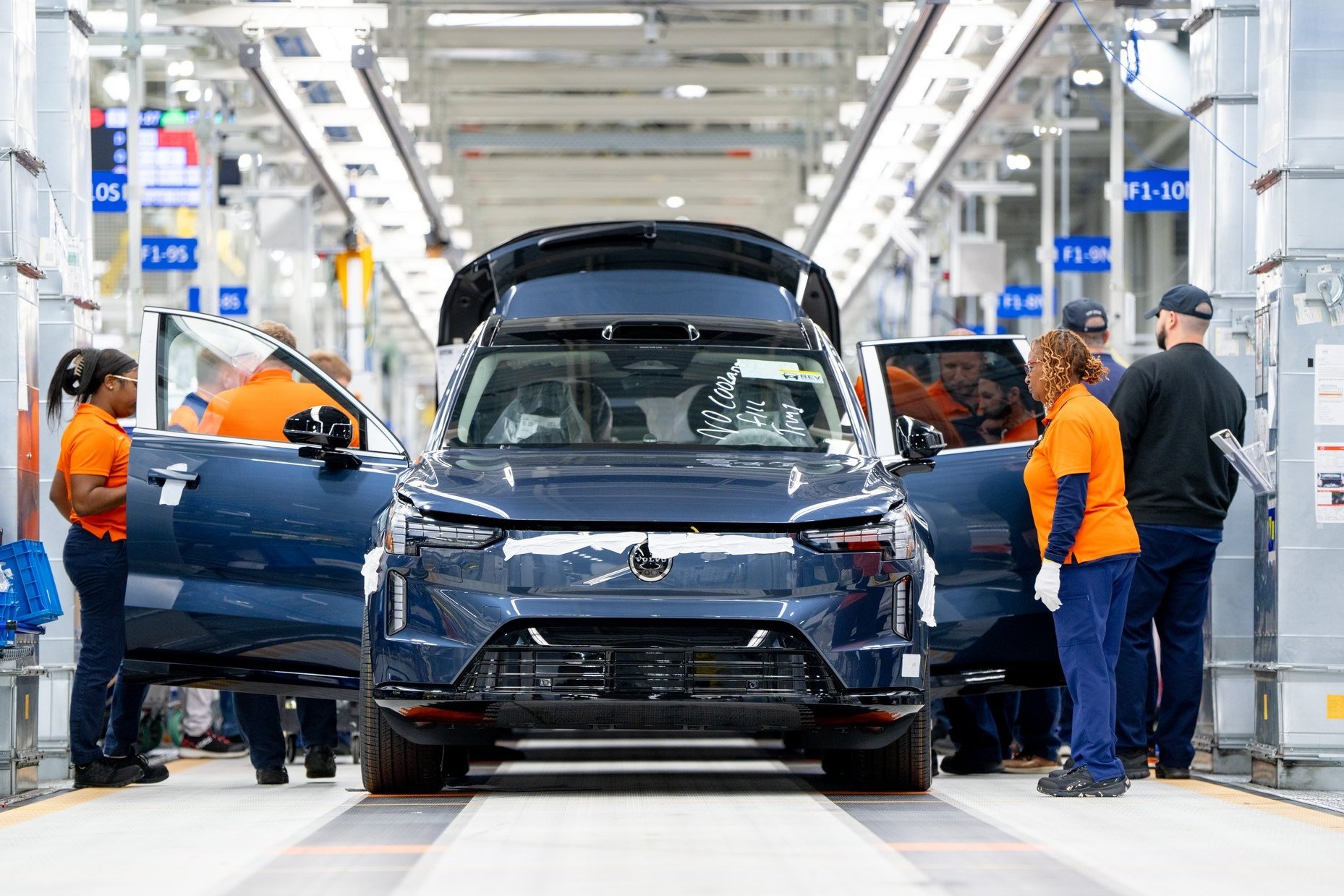After the introduction of the Volvo EX90 large purely electric recreational vehicle has been delayed for two years due to software development difficulties, the company has now announced another bad news to its customers: the cars will begin to be delivered, but some electronic functions will only be available in them later.
In the age of wireless software updates, this is technically not a problem. In recent years, this has become one of the most important development directions in the automotive industry, where the knowledge of increasingly software-based vehicles can be updated, perfected, modified, and improved on the fly. At the same time, today it is not at all usual for a vehicle not to have the promised and ordered services at the moment of handover.
According to Volvo CEO Jim Rowan, their customers are aware of the potential of software-based vehicle technology and the specifics of digital architectures. “I believe that customers who buy products with forward-looking technology like the EX90 are aware of its specifics and know how this technology will benefit them in the long term.” it quotes Automotive News Europe the company manager, who added that due to the shortcomings, they did not experience a significant backlash among the customers.
In the case of the Volvo EX90, the availability of both safety and comfort functions is delayed. The complete missing list posted online Volvo Cars. Among other things, the control software of the long-range laser radar and LiDAR system is also not functional, but iPhone owners, for example, will temporarily not be able to use the Siri voice assistant in the car. The vehicle-to-grid function will also become available later, which could be used to power external consumers (or even an entire household) with the electrical energy stored in the car’s battery.
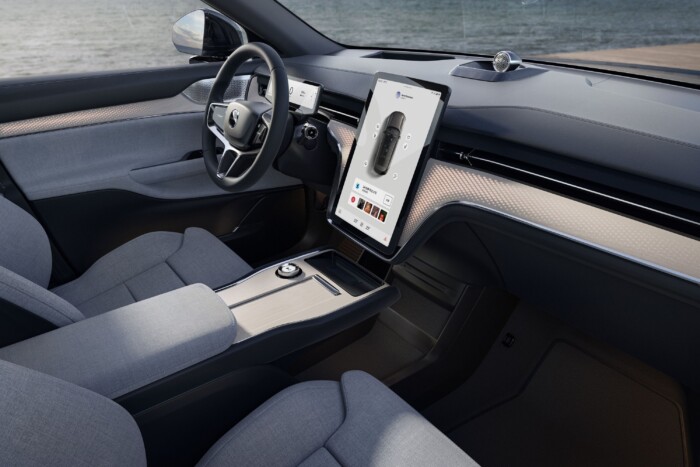
Volvo isn’t the only automaker to have trouble with software-based technologies. In the fall of 2020, Volkswagen began introducing the ID.3 electric hatchback in Europe without the same basic functions. The deficiencies were remedied a quarter of a year later.
The pure electric Porsche Macan also entered the market more than two years late this January, just as the launch of the Audi Q6 E-tron was also delayed. According to market analysts, the late availability of the Volkswagen Group’s in-house developed software could have caused the company group a loss of up to 3 billion euros.
Source: www.vezess.hu


